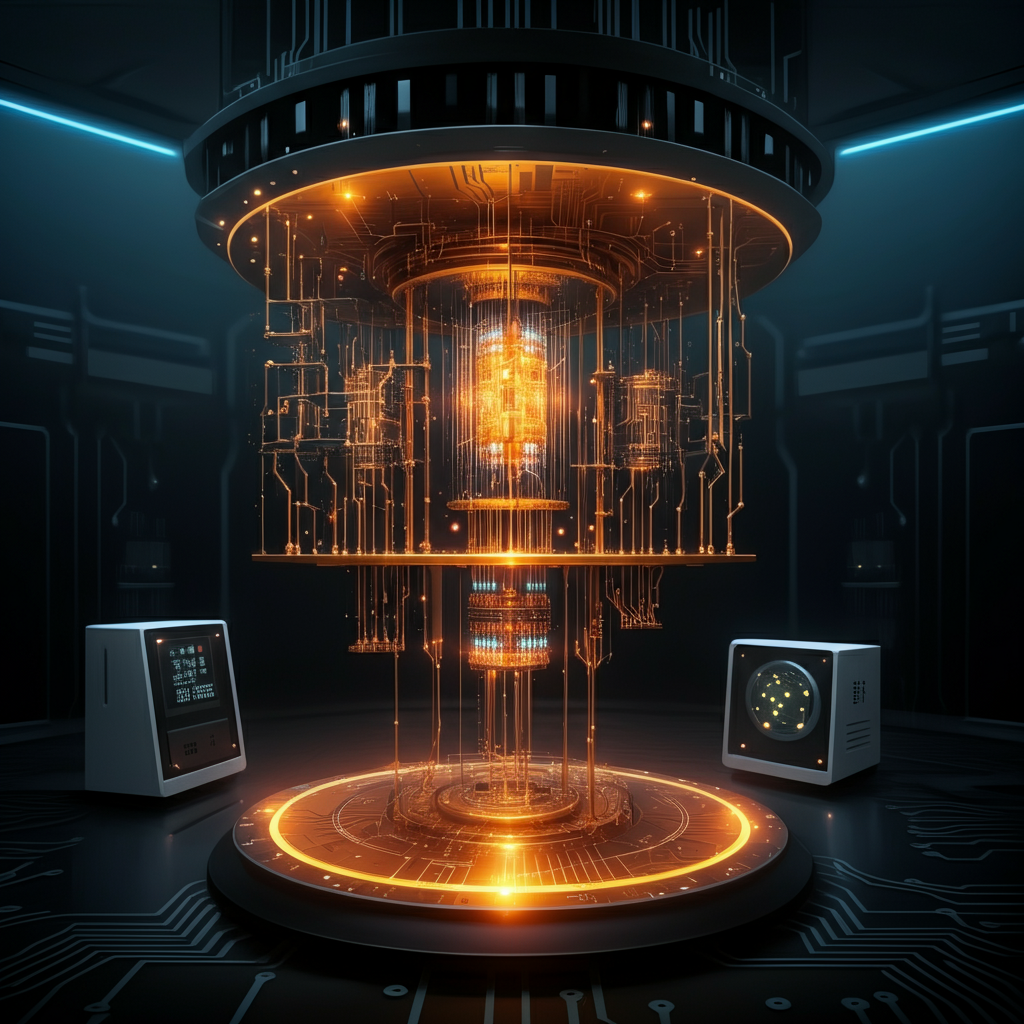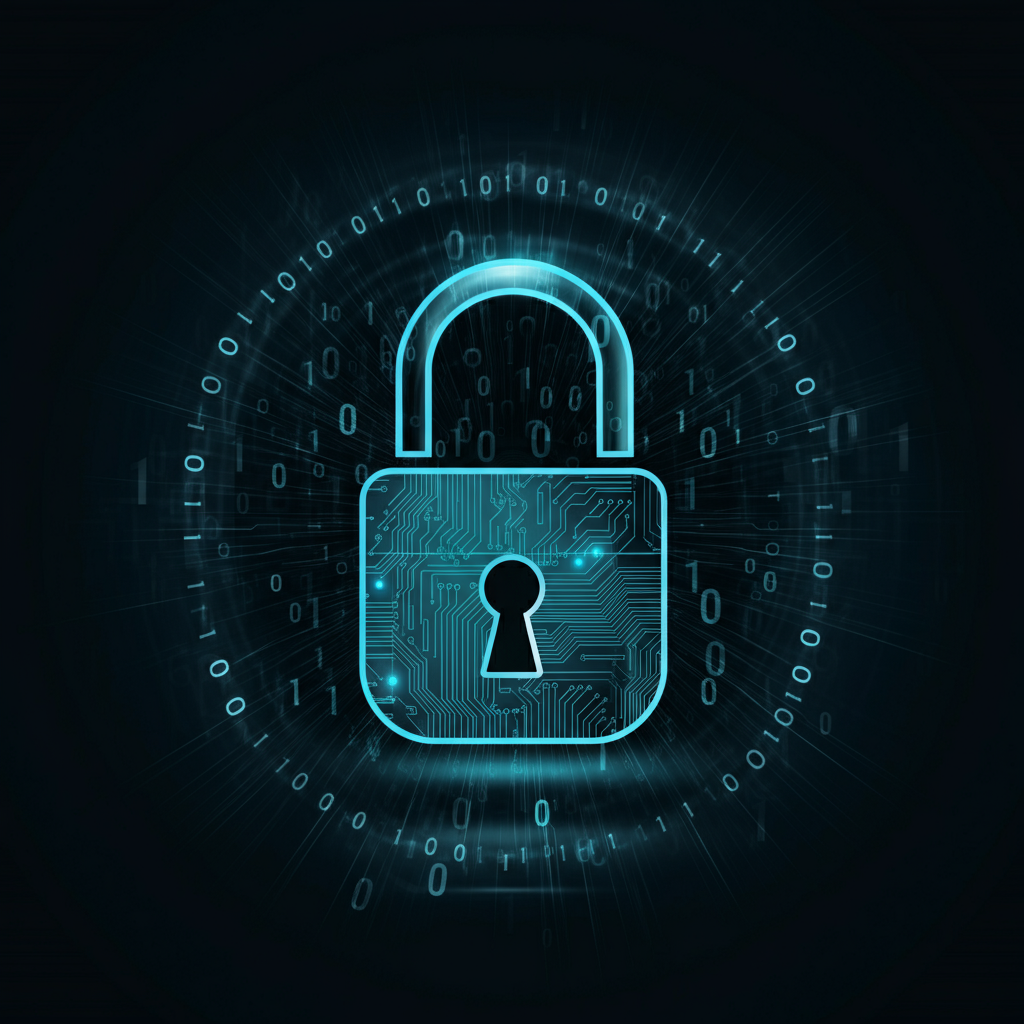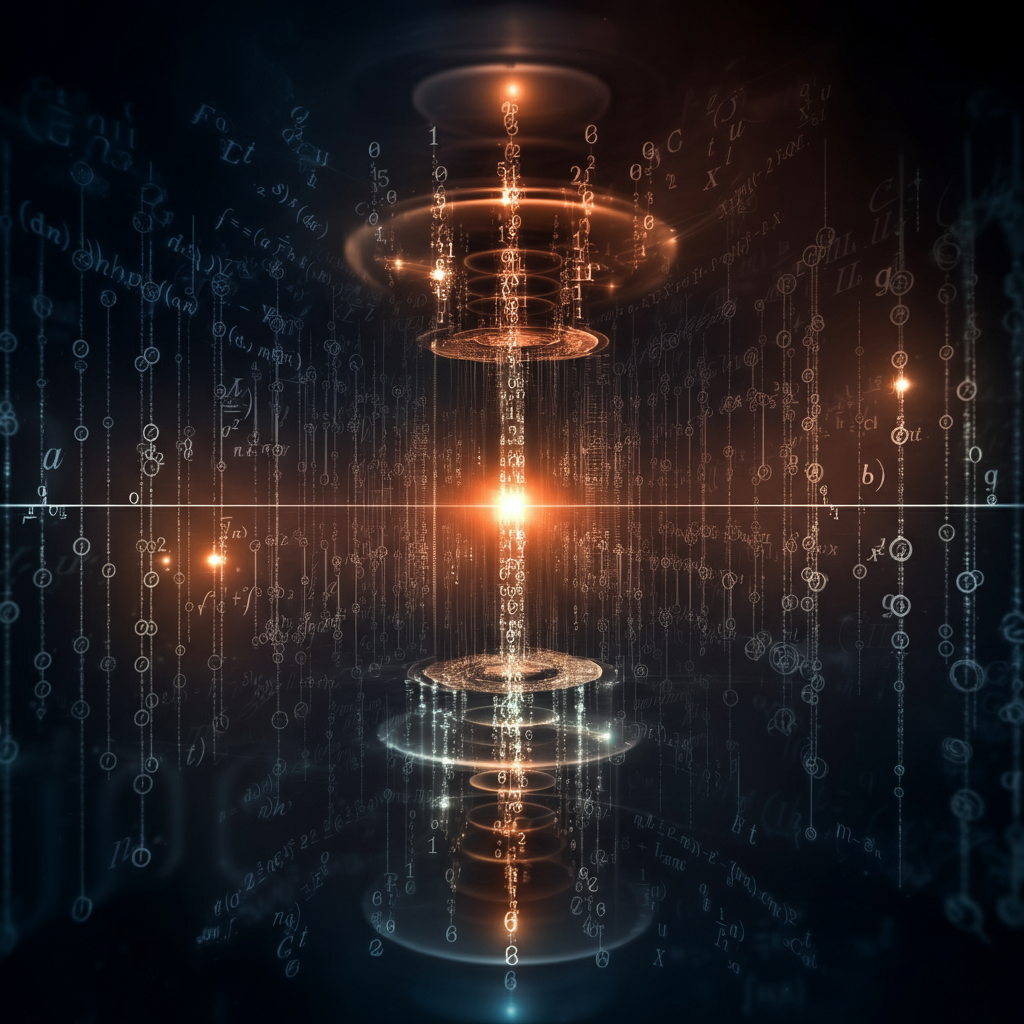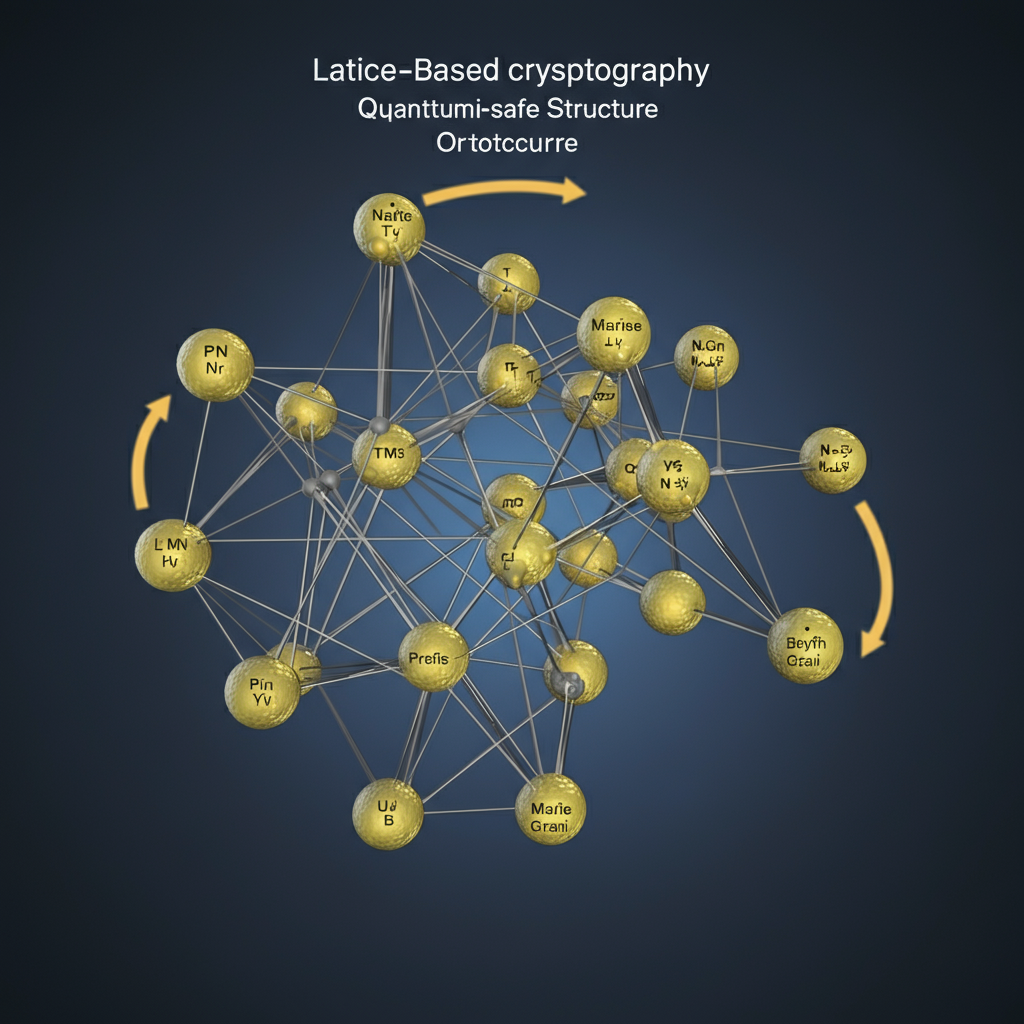Will Quantum Computers Break RSA Encryption and Threaten Our Security?
Quantum computers are highly speculated in the modern era of technology Era. They are one of the most potential devices that are expected to bring great changes in different sectors. They also constitute a major challenge to current encryption technologies, especially those based on RSA technology. The time for a new era in computing is fast approaching. The importance of our digital security should not be overlooked when considering the effects of quantum computing on it.
Understanding Quantum Computers and Encryption
What is a Quantum Computer?

A quantum computer is an all-new type of computer that uses the laws of quantum mechanics to process information. The conventional computer, which consists of bits (0s and 1s), is not the only one that carries out computations but qubits, a quantum computer that can also process data. These qubits, existing in the superposition of multiple states, are the basic phenomenon that relates to this process. Due to this feature, quantum computers can finish certain calculations exponentially faster than classical computers.
The Basics of Encryption
Moving on from the previous, it may be said that, “encryption is the main technology that ensures the security of our digital data and communications.” This simply implies that cryptographic technology is all about the reduction of information to an encrypted version that can only be turned into the original information by a particular dedicated decoding key that has been used to key the coded information. Sometimes there are two types of encryption:
Symmetric encryption: Uses the same key for both encryption and decryption
Asymmetric encryption: Uses a pair of keys – a public key for encryption and a private key for decryption
RSA Encryption: The Current Standard
RSA (Rivest-Shamir-Adleman) is a widely used algorithm for asymmetric encryption. It depends on the fact that factoring large numbers is a very hard mathematical problem that takes time for classical computers. This characteristic gives RSA the privileged place of being the most widely used solution for secure internet communications over the last decade or so.

The Threat of Quantum Computing to Current Encryption Methods
How Quantum Computers Could Break RSA
The leading danger of RSA encryption derives from Shor’s algorithm, a quantum algorithm intended to factorize large prime numbers in an efficient way. However, classical computers would need millions of years to factorize the same numbers that are necessary for RSA encryption, thus a quantum computer powered by Shor’s algorithm can destroy RSA encryption in a matter of hours or even minutes.

Timeline for Quantum Threats
Although the theory of quantum computers is posing a threat to RSA encryption, the situation is still in its early stage of practical implementation. For instance, reports suggest that it can even take a quantum computer for a time period between 5 and 20 years to become strong enough to break the RSA encryption. Yet this schedule is rather vague and there might be discoveries intensifying the process of quantum technology.
Post-Quantum Cryptography: Preparing for the Future
What is Post-Quantum Cryptography?
Post-quantum cryptography is a key thing which is supposed to provide a new level of security through the usage of highly secure systems which can withstand both quantum and classical computer attacks. In addition, they are devised to replace RSA along with other encryption standards, and thus, the security of our digital communications in the quantum era is ensured.
New Algorithms for a Quantum World
There are several excellent post-quantum cryptographic techniques to look forward to. Here are a few of them:
- Cryptography based on lattices
- Cryptography based on hashes
- Cryptography based on codes
- Cryptography based on multiple variables
One of the methods in the quantum-resistant era suggested by The National Institute of Standards and Technology (NIST) could be standardizing encryption protocols that are not quantum-computer resistant. This process will help spread the use of quantum-resistant encryption algorithms.

Implications and Challenges
The Race Between Quantum Computing and New Encryption Methods
Extremely strong competition is currently taking place between the research and implementation of quantum-safe cryptographic systems and quantum computers capable of hacking our current encryption methodologies. A smooth and thorough transition is necessary because it is the update of the cryptographic infrastructure that will take place globally.
Broader Impact on Digital Security
The potential that lies behind quantum computers doing RSA encryption breaks has a broad impact on digital security. The impact will be such that e-commerce and banking will suffer to some extent and also various security policies like the government’s confidential data protection will all get problems. In fact, A quantum-proof environment has to be established as a condition to secure our digital future.
Conclusion
Although quantum computers are a big threat to RSA encryption, they are not without enemies. The establishment of post-quantum cryptography sets forth a path for today’s and future communications (which) would be protected from quantum threats. To this end, it is important to support the research and development of these technologies and be ready to deploy quantum-resistant encryption methods before quantum computers emerge capable of breaking our current security measures.
FAQs
What is the difference between a quantum computer and a classical computer?
A classical computer uses bits (0s and 1s) for computation, whereas a quantum computer utilizes qubits that may be in multiple states at once, leading to faster computation with specific tasks.
How soon could quantum computers break RSA cryptosystems?
It is thought that it will take anywhere from 5 to 20 years for quantum computers to become sufficiently powerful to crack RSA encryption on a large scale.
What is cryptography designed for a post-quantum world?
Post-quantum cryptography includes cryptographic algorithms that have protection in place against both quantum and classical computer attacks.
Are there any quantum-proof algorithms today?
Although no algorithm can be demonstrated to be 100% quantum-proof, the current development work is on a number of solution candidates like lattice-based and hash-based cryptography, among others.
What are the ways for individuals and businesses to prepare for this issue?
Individuals and businesses need to be aware of quantum-proof algorithms, implement cryptographically robust agile systems that can be readily renewed, and be ready to change their cryptographic methods when safe quantum-resistant cryptosystems become available.

Hello Readers! I’m Mr. Sum, a tech-focused content writer, who actively tracks trending topics to bring readers the latest insights. From innovative gadgets to breakthrough technology, my articles aim to keep audiences informed and excited about what’s new in tech.